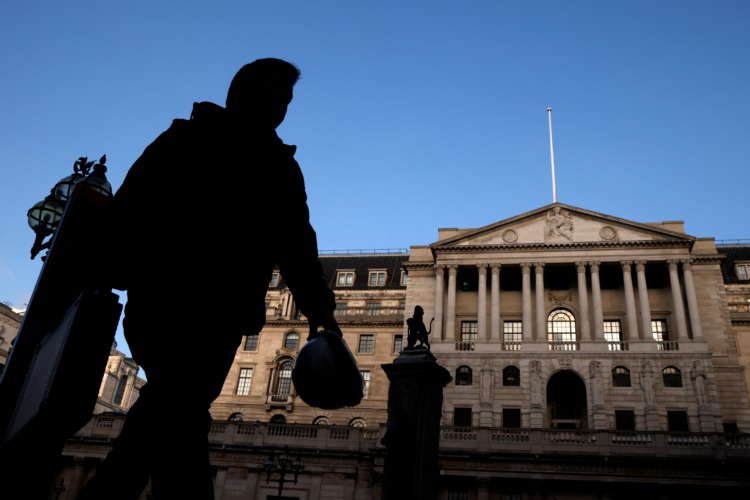Banking
Bank of England likely to slow bond purchases as economy rebounds
Published by linker 5
Posted on April 29, 2021
1 min readLast updated: January 21, 2026

Published by linker 5
Posted on April 29, 2021
1 min readLast updated: January 21, 2026

Explore more articles in the Banking category











